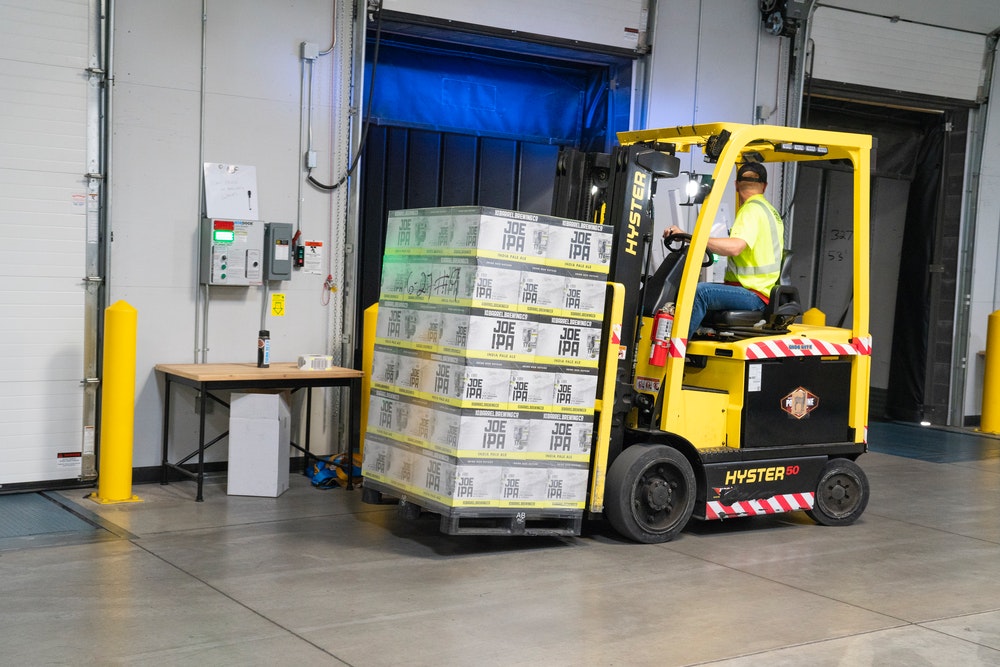
In the past, many of our pieces looked ahead towards the future as we urged preparation, policy change and a regional drive to take the initiative. Back then, the ‘time of urgency’ or ‘major crisis’ seemed so far off, even trivial. Yet here we are in that time where the Novel Coronavirus or COVID-19 ravages the world’s economies; strains even the best healthcare systems and tests our social stability. Now is that time of crisis not just for us locally or regionally but for everyone else. Thankfully however, there is still opportunity to gather our thoughts, take action and secure the best possible future.
A Global Crisis Warranting a Regional Response
The United States is the world’s largest economy with a GDP value in the trillions. A recent Goldman Sachs estimate from Fortune projects a possible -3.8% contraction in GDP growth this year and notes that depending on how things continue to play out, this number may even worsen. Other economic powers such as those of Europe and Asia won’t be spared from this fallout either. Particularly since they’ve surged past China’s official figure as the top virus stricken nations. It’s no exaggeration to say 2020’s first economic quarter was dominated heavily by massive market losses both due to investor fears and sharp contractions in economic activity brought on by cautious consumers, less non-essential spending and increasingly restrictive quarantine measures by the world’s nations.
With the Caribbean being both dependent on the above economic hegemons for trade and enduring their own economic contraction, our immediate future seems fraught with worrisome outlooks and uncertainty. Indeed, many nations seem to have taken an ‘every man for themselves’ approach to the pandemic, instituting border lockdowns, closure of non-essential economic activity and other policies as they individually deemed fit. Many of these measures are projected to last weeks with resultant job losses and possible closure for small and medium sized commercial enterprise. Worse yet, islands reliant on tourism would effectively be economically inactive, which, over the long term, could lead to economic ruin.

Assessing the Long-Term Economic Implications
There is no doubt some form of regional cooperation is needed. Larger nations with various outlets of investment, development and revenue generating sectors may be able to pull through. However the economically homogenous markets of the Caribbean would be hard pressed to survive unless they opt to take on heavy amounts of debt from foreign lenders. Already, many nations such as Trinidad and Tobago, Jamaica, Barbados and Dominica have raised loans and borrowing as means of keeping their respective economies afloat. In order to offset this, CARICOM nations should band together and attempt to draw up a regional economic recovery plan. As a true ‘regional economy’ the increase in scale, commerce and economic diversity would benefit all.
For example, consider boosting manufacturing and production in each other’s economies by importing goods intra-regionally rather than from international suppliers. Not only would this assist existing manufacturers but, through stimulus programmes, could offset job losses through the establishment of new firms and businesses. There is a constant need for raw goods, construction material, food stuffs and other goods. Consequently, smaller, tourism reliant islands would suffer far less devastation if, once the quarantines, border closures and travel bans are over, intra-regional tourism is boosted both through incentives from private and public partnerships. Before going overseas, locals should be encouraged to tour and experience their own backyard in an affordable, sustainable and accessible way.

Weathering Short-Term Pains Through Opportunities for Reform
By the end of March, a handful of Caribbean states had announced stimulus packages to deter economic unraveling over the coming weeks. Banks were encouraged to temporarily defer loan payments and states announced an increase in social welfare spending. For example, the government of Barbados, according to the Jamaica Observer, proposed giving households $600 BDS per month through their nation’s Welfare Department. This and other programmes would be funded through IMF and Inter-American Development Bank loans in addition to dipping into the nation’s reserves. Similarly, Trinidad and Tobago (TT) opted to dip into its own Heritage and Stabilization Fund, seek borrowing options and rely on at least $3 billion in bonds. In the case of the latter, shuttered global industry and massive supply buildups have led to further depreciated oil values. Being an energy reliant economy, TT is likely to be suffer mounting losses given the sharp declines in both domestic and external economic activity. By the end of April’s first week, WTI oil had rallied slightly to just above $28USD per barrel.

With so much upheaval and increasingly drastic measures being taken, now is, as stated by a recent World Economic Forum presentation, the ideal time for governments to redraw their policy and implement much needed reform. One of these is the introduction of increased focus on ‘Stakeholder Capitalism’. Put simply, Stakeholder Capitalism involves corporate and business policy geared towards social responsibility. Consider the corporations of Japan wherein employees possess a ‘familial’ relationship and are expected to commit and work towards the long term benefit of their benefactor while the corporation itself is expected to take care of them.
As such, it isn’t uncommon for corporate employees in Japan to reside in corporation provided housing, have access to corporation subsidized transport shuttles and even food, daycare as well as other long term ‘insurance’ amenities. The onus here is that both parties are in it for the long haul and this greater job security brings improved peace of mind, stability, employee performance and, unsurprisingly, innovation. Besides looking out for employees, businesses would be expected to be more environmentally aware and pursue sustainability and healthier well-being in the services or products it provides for consumers. Obviously, this is not a responsibility placed solely on private firms however and should be met with state policy which affords easier, bureaucratically simple environments to operate, suitable tax policies for socially responsible businesses and cooperation between private and public sectors.
Regardless, as the economic costs of the coronavirus pandemic become increasingly apparent, the Caribbean must not sit contented and hope for a reliance on aid and assistance in its own recovery. Indeed, there have been cases where US authorities seized medical supplies and equipment intended for other nations with Barbados being a recent victim. This clearly underscores the importance of regional self-reliance when economic hegemons are willing to erode good will among partners and allies for their own immediate interests in dealing with the virus. While painful, the Caribbean would do well to begin learning from now that it might use the recovery effort to better its own future prospects.